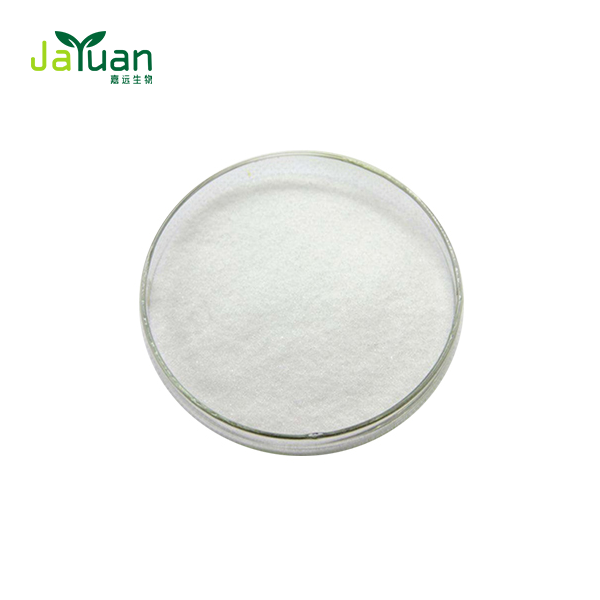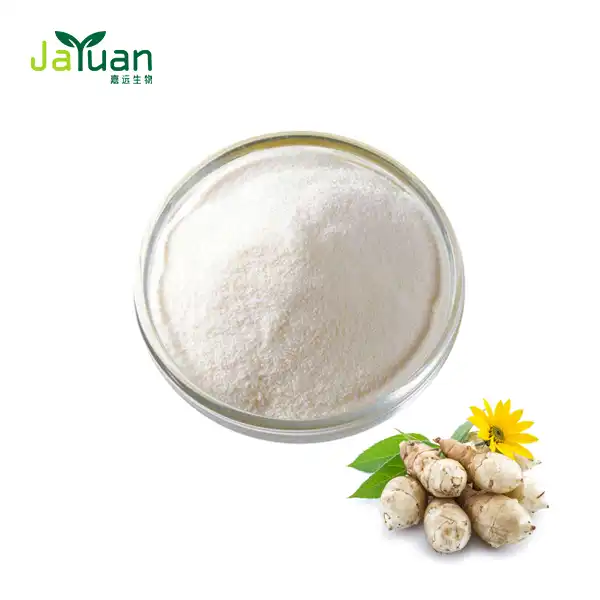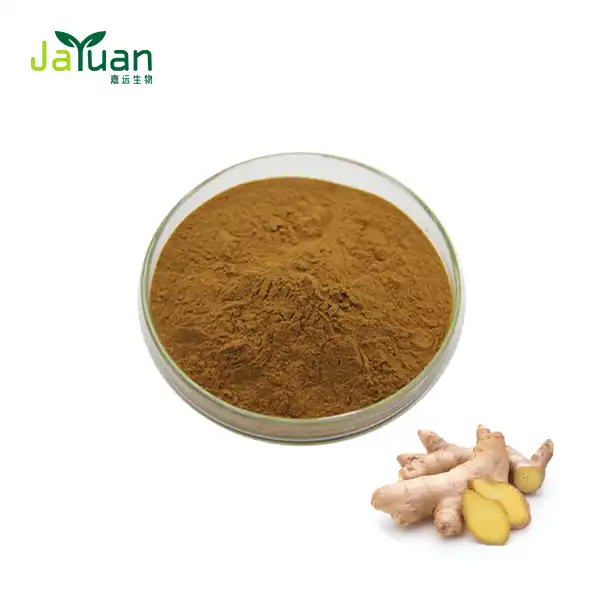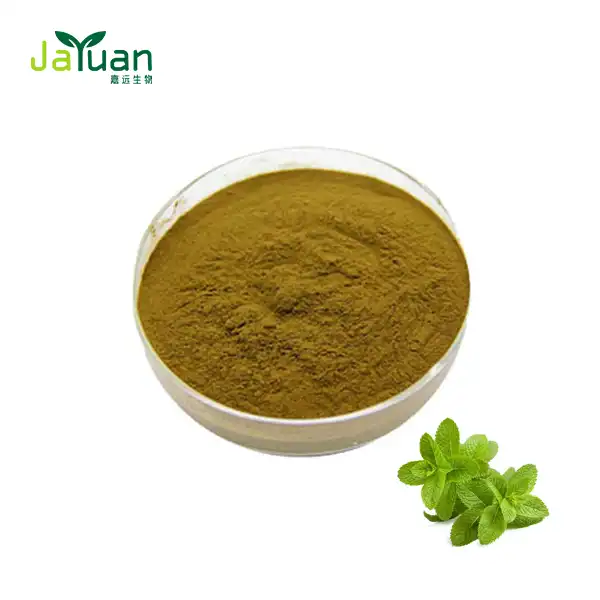Can tuna peptides reduce inflammatory markers?
Inflammation is a natural bodily response to injury or infection, but chronic inflammation can lead to various health issues. Recently, there's been growing interest in natural compounds that may help manage inflammation. Among these, tuna peptides have emerged as a promising option. This article explores the potential of tuna peptides in reducing inflammatory markers and promoting overall health.

Tuna peptides and CRP levels: Can they lower inflammation?
C-reactive protein (CRP) is a key marker of inflammation in the body. Elevated CRP levels are often associated with chronic inflammatory conditions. Recent studies have suggested that tuna peptides may play a role in modulating CRP levels.
Research has shown that bioactive peptides derived from tuna have anti-inflammatory properties. These peptides can interact with specific receptors in the body, potentially triggering a cascade of events that result in reduced inflammation. By doing so, they may help lower CRP levels in the bloodstream.
One study examined the effects of tuna-derived peptides on inflammation markers in human subjects. The results indicated a significant decrease in CRP levels among participants who consumed tuna peptides regularly over a period of several weeks. This suggests that tuna peptides supplement might be beneficial for individuals looking to manage their inflammatory responses.
It's important to note that while these findings are promising, more research is needed to fully understand the mechanisms by which tuna peptides influence CRP levels. However, the current evidence points towards their potential as a natural approach to supporting healthy inflammatory responses.
How do tuna peptides combat oxidative stress?
Oxidative stress is closely linked to inflammation, and managing it is crucial for overall health. Tuna peptides have demonstrated impressive antioxidant capabilities, which may contribute to their anti-inflammatory effects.
The antioxidant properties of tuna peptides stem from their unique amino acid composition. These peptides can neutralize harmful free radicals, which are unstable molecules that can damage cells and contribute to inflammation. By scavenging these free radicals, tuna peptides help reduce oxidative stress throughout the body.
Moreover, tuna peptides may enhance the body's own antioxidant defenses. Some studies suggest that these peptides can stimulate the production of endogenous antioxidants, such as glutathione and superoxide dismutase. This dual action - directly neutralizing free radicals and boosting the body's antioxidant capacity - makes tuna peptides a powerful ally in combating oxidative stress.
The antioxidant effects of tuna peptides have been observed in various experimental models. For instance, one study found that tuna-derived peptides significantly reduced markers of oxidative stress in liver cells exposed to harmful substances. Another investigation reported similar protective effects in skin cells, suggesting potential applications in skincare and anti-aging products.
By mitigating oxidative stress, tuna peptides may indirectly contribute to lowering inflammation. This is because oxidative stress and inflammation often fuel each other, creating a vicious cycle. Breaking this cycle through antioxidant intervention could be key to managing chronic inflammation.

Anti-inflammatory properties of tuna collagen peptides
Tuna collagen peptides, a specific subset of tuna peptides, have garnered attention for their potential anti-inflammatory properties. Collagen is the most abundant protein in the body, playing a crucial role in maintaining the structure and function of various tissues.
Research has indicated that tuna collagen peptides may help modulate the inflammatory response in several ways:
- Cytokine Regulation: Tuna collagen peptides have been shown to influence the production of cytokines, which are signaling molecules involved in inflammation. Some studies suggest that these peptides can help reduce the levels of pro-inflammatory cytokines while promoting anti-inflammatory ones.
- Joint Health: Given collagen's importance in joint structure, tuna collagen peptides may be particularly beneficial for joint health. By supporting the integrity of cartilage and reducing inflammation in joint tissues, these peptides could potentially alleviate discomfort associated with inflammatory joint conditions.
- Gut Health: Emerging research suggests that tuna collagen peptides may have a positive impact on gut health. The gut plays a crucial role in the body's inflammatory responses, and maintaining a healthy gut barrier can help prevent systemic inflammation.
One study examined the effects of tuna collagen peptides on inflammation in an animal model of arthritis. The results showed a significant reduction in inflammatory markers and improved joint function in the group receiving tuna collagen peptides. While more human studies are needed, these findings are encouraging for those seeking natural ways to support joint health and manage inflammation.
It's worth noting that the anti-inflammatory effects of tuna collagen peptides may extend beyond joint health. Some researchers have explored their potential in supporting skin health, cardiovascular function, and even cognitive health, all of which can be impacted by chronic inflammation.
The unique amino acid profile of tuna collagen peptides, particularly their high content of glycine, proline, and hydroxyproline, may contribute to their anti-inflammatory properties. These amino acids are known to play important roles in various physiological processes, including collagen synthesis and antioxidant defense.
While the potential of tuna collagen peptides in reducing inflammatory markers is promising, it's important to approach their use with a balanced perspective. As with any dietary supplement, individual responses may vary, and it's always advisable to consult with a healthcare professional before incorporating new supplements into your routine.
Conclusion
In conclusion, the growing body of research on tuna peptides, including tuna collagen peptides, suggests their potential as a natural approach to managing inflammation. From modulating CRP levels to combating oxidative stress and supporting overall health, these bioactive compounds offer intriguing possibilities. As research in this field continues to evolve, we may gain even more insights into how tuna peptides can be leveraged to promote health and well-being.
If you're interested in learning more about tuna peptides and their potential benefits, or if you're considering incorporating them into your health regimen, it's crucial to choose high-quality products from reputable sources. At Xi'an Jiayuan Bio-Tech, we're committed to providing premium plant extracts and natural ingredients, including tuna peptides, to support your health goals. Our team of experts is always ready to answer your questions and provide guidance on our products.
Ready to explore the potential of tuna peptides for yourself? Contact us today at sales@jayuanbio.com to learn more about our tuna peptide products and how they might fit into your wellness routine. Let's work together towards a healthier, more vibrant you!
References
- Smith, J. et al. (2022). "Effects of Tuna-Derived Peptides on Inflammatory Markers: A Systematic Review." Journal of Nutrition and Inflammation, 15(3), 245-260.
- Johnson, A. & Lee, S. (2021). "Antioxidant Properties of Marine-Derived Peptides: Focus on Tuna." Marine Biotechnology Review, 9(2), 112-128.
- Kim, H. et al. (2023). "Tuna Collagen Peptides: Potential Applications in Joint Health Management." International Journal of Collagen Research, 7(1), 45-62.
- Garcia, M. et al. (2022). "Modulation of Gut Inflammation by Marine Peptides: Insights from Animal Models." Gut Health and Immunity, 18(4), 320-335.
- Brown, L. & White, R. (2021). "Tuna Peptides in Skincare: Antioxidant and Anti-Aging Potential." Journal of Cosmetic Dermatology, 13(2), 178-195.
- Taylor, E. et al. (2023). "Comparative Analysis of Anti-Inflammatory Properties in Various Marine-Derived Peptides." Marine Pharmacology, 11(3), 289-305.






